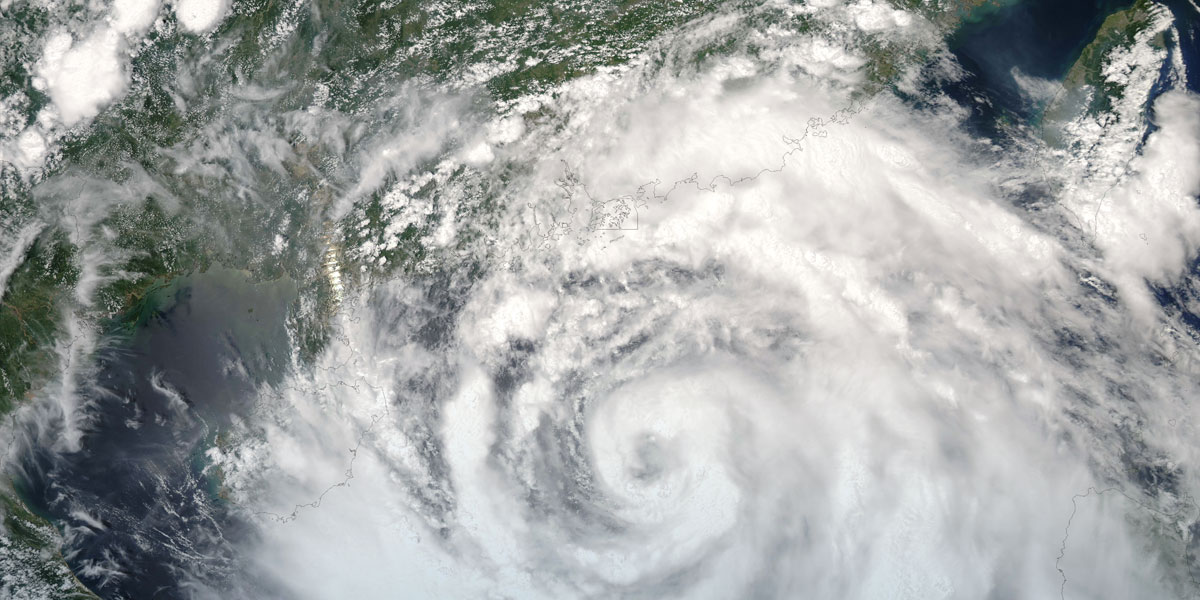The Blindspot: Gaps in Climate Security and Strategic Competition - Energy Academic Group

The Blindspot: Gaps in Climate Security and Strategic Competition
By Major Alexander Kenna and Major Matthew Alexander, USA
Adversaries of the U.S. have been influencing vulnerable states for years, and the U.S. is losing ground in the dynamic environment of strategic competition. Climate insecurity has become a shared threat across the world as an increase in global temperatures has, and will continue to, lead to a rise in the number and strength of natural disasters, extreme weather events, floods, heatwaves, wildfires, warming oceans, severe drought, rising sea levels and reduced access to reliable energy. The threat of climate insecurity has been and will continue to be a point of leverage for state and non-state actors for regional influence.
This thesis analyzes climate security gaps in three case studies: Syria, Central America, and Pacific Island Nations. These regions demonstrate that climate insecurity has geopolitical implications as adversaries leverage the vulnerabilities for their benefit. Analysis shows that neglect of the near-term consequences of destructive climate events allows adversaries to capitalize on vulnerable states for economic, military, and political advantages.
The 2022 National Security Strategy focuses heavily on global competition and the impact of climate instability, but not in conjunction. U.S. climate insecurity efforts are focused primarily on domestic and operational resiliency and contributing to reducing greenhouse gases. Neglecting international efforts to combat climate insecurity will further the loss in adversarial competition while endangering U.S. national security.
The DoD’s Climate Action Plan would benefit from an additional effort that is proactive and international at its base. A “defend forward” effort, like the one for U.S. Cyber Command, with a whole of government approach would benefit the U.S. in both strategic competition and climate security efforts. For specific application, the recommended efforts consist of a whole of government approach with a three-step model of Identify, Prioritize, and Mobilize, utilizing existing organization and government funding and relying on existing resources like the Special Operations Forces Civil Affairs.
LEARN MORE
- Read the thesis produced for completion of the Master of Science in Information Strategy and Political Warfare from NPS in December 2022: https://tinyurl.com/y9tucd65
- Read a related article: https://tinyurl.com/3z334hj2
- Hear the authors interviewed in a podcast: https://tinyurl.com/4tnnkkj6
- View the 2022 Briefing: https://tinyurl.com/3fn8d3mj
- Contact: Kristen Fletcher at kristen.fletcher@nps.edu
Quarterly Newsletter
Surge is published quarterly by the Energy Academic Group and covers a divese range of energy-related topics. View archive

